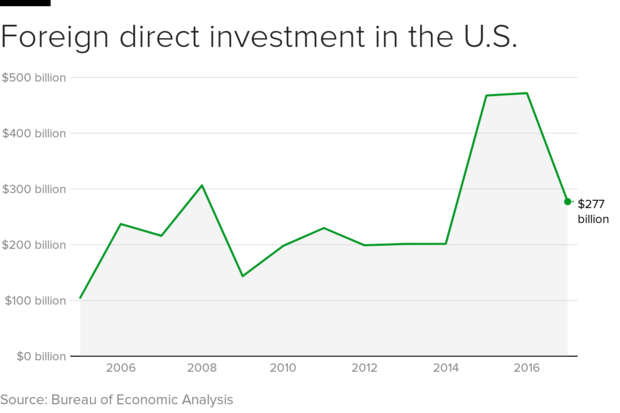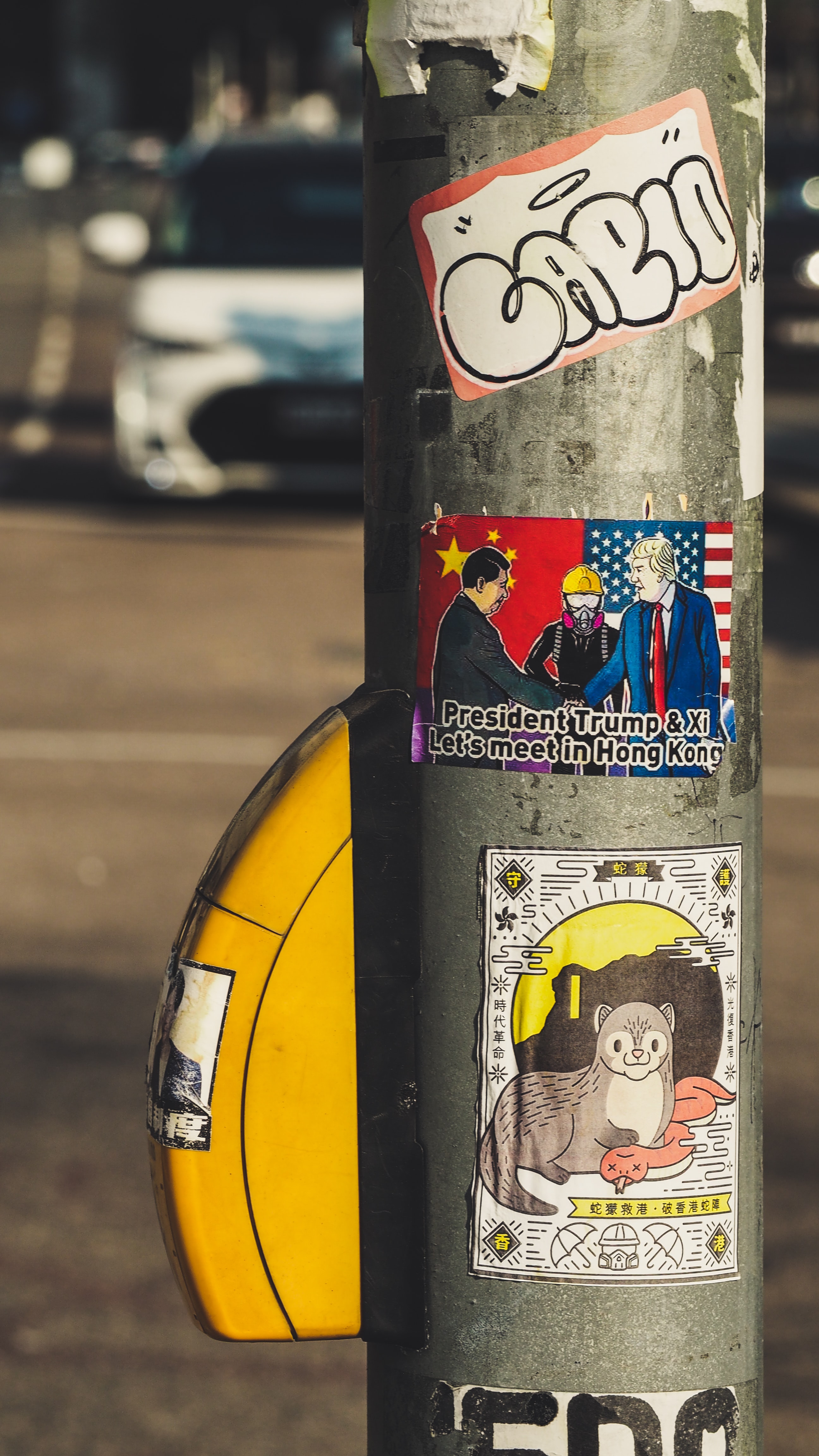Voting data from the 2020 US presidential election shows that among the American voters for whom the economy was the most pressing issue, 82 percent voted for Donald Trump. For many voters, it is likely that his attitude towards American businesses in general – his trade war against China, his opposition to globalization, his crusade to “bring jobs home” – made him the more appealing economic candidate. These voters were misled. Trump’s aggressive protectionism masked a failure to address the deep internal divisions in the US economy, which left many of his own voters in a worse economic position than they had been before.
The anti-globalist rage that launched Trump to power is not unfounded. Red states such as Kentucky have lost tens of thousands of manufacturing jobs to China since the 1980s. Yet, via globalization, China has also, brought thousands of jobs back to these parts of the US in the past decade. In Kentucky alone, 11 Chinese companies employ almost 9,000 people as of 2019. More generally, trade and investment with China supports between three and seven million US jobs, depending on what methodology is used, according to the US-China Business Council.
The economic fallout of Trump’s trade war, including the 2018 announcement of significantly higher tariffs on $16bn of Chinese imports, has been very real. Since Trump took office, Chinese foreign direct investment to the US has decreased to its lowest in almost a decade. Chinese investors, as well as tourists, are put off by Trump’s rhetoric which suggests that all Chinese businesses and individuals are spying on behalf of the Communist Party. In a paradoxical state of affairs, many Republican governors have scrambled to wine and dine Chinese investors, while Trump pushed US-Chinese relations to historic lows, “decoupling” 40 years of economic integration, one tweet at a time.
In the U.S. this forms part of a wider trend. Over the past five years, as Trump and other anti-globalist populists came to power, foreign direct investment from around the world has severely decreased.

Taking foreign direct investment for granted will only harm the economy. Global companies are essential to job production, high wages, and innovation in the US. Kentucky has the US’s highest surplus of foreign direct investment with China, meaning it invests less in China than it receives from it. Between 1990 and 2020, Kentucky welcomed a total of $9.3bn in Chinese investment, while only investing $1.7bn in return.
It is no coincidence that the red states are among the US states with the lowest median incomes. Being economically weaker than other parts of the US economy, they are home to fewer multinational companies and are therefore more dependent on foreign investment and trade in general – especially from China. While these red states suffered greatly from globalization when manufacturing shifted east, they now benefit disproportionately from it. To vote for Trump, a vocal anti-globalist, has been nothing less than an act of economic self-harm.
Conversely, central to Trump’s “America first” philosophy has been bringing manufacturing jobs back to the US, known as “reshoring”. But this has done little to draw US manufacturers, especially those already established in China, home. A recent article from Bloomberg shows that Trump failed to stop factories from offshoring. One of the companies moving production out of the US this year is an auto-parts business founded by Trump’s Commerce Secretary, Wilbur Ross – an illustration of the Trump administration’s endemic hypocrisy. Additionally, GM’s relocation of production to Mexico stands as one of the fifteen examples of auto parts factories going overseas under the Trump administration. Trump has not had much success either in attracting foreign manufacturers. Foxconn’s multibillion-dollar investment in Wisconsin, announced in 2017, was meant to generate 13,000 new jobs in high-tech manufacturing. It has created fewer than 300 so far.
In Trump’s world, no economic factor is above being worked into his media strategy. His claimed opposition to globalization is more important than that much of his personal wealth is delivered by globalization. His supporters wear ‘Make America Great Again’ hats that are made in China. US dominance over the global economy has allowed Trump to get away with hypocritical protectionism, but the US has not escaped the consequences of these actions.
Trump has long claimed to be a successful businessman and promised time and again to rejuvenate the US economy. However, Trumponomics has ignored possible treatments for the US economy – investments into education, job creation, and upskilling – and laid the blame for the erosion of the American middle class on the globalization of labor markets. For a politician who built his career on sowing racial division, the idea that Chinese people have taken American jobs was a vote-winner. But those votes came at the cost of American businesses, and the toll incurred will take many years to pay off.
Edited by Sarah St-Pierre.
Photo credits: “Lasting Marks of Protest” by Jack Hunter, published on June 4, 2020, under Unsplash. No changes were made.
Mehak Balwani is in her third year at McGill University, currently pursuing a B.A. in International Development and English Literature.

